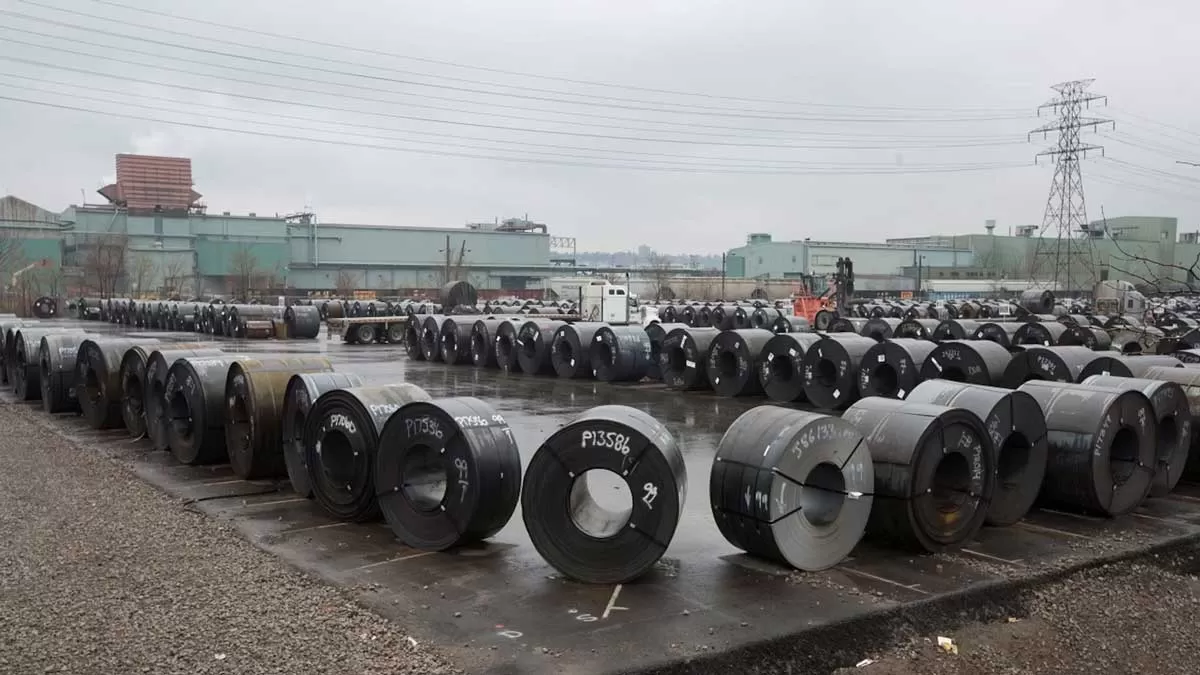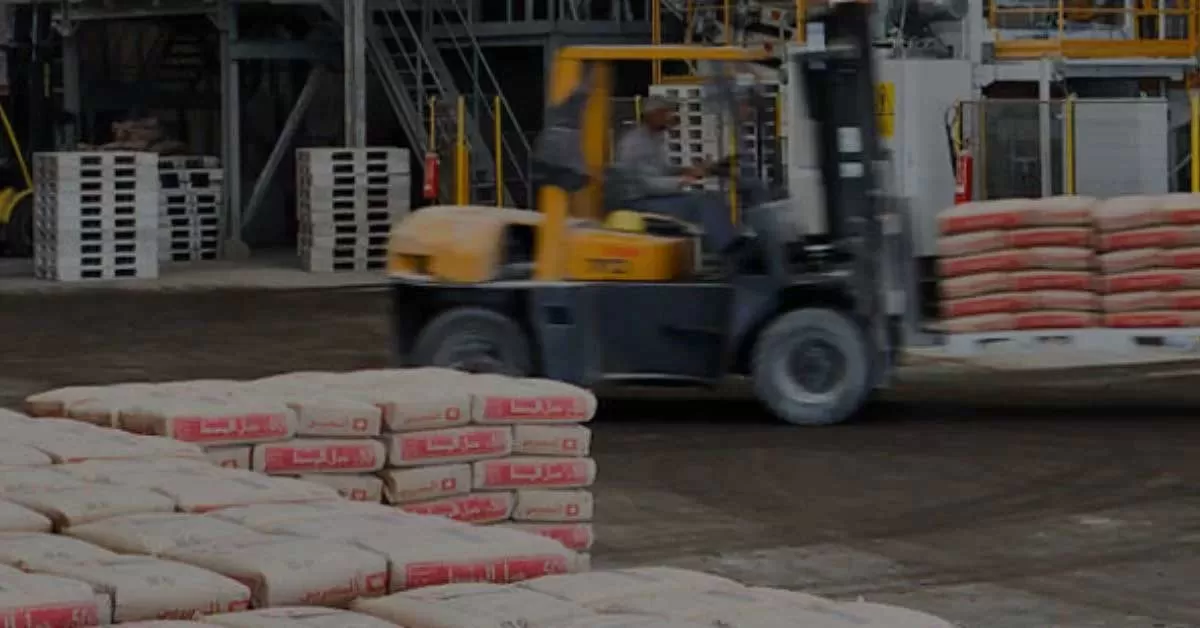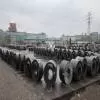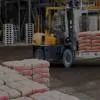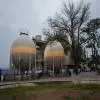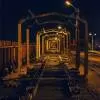- M Vivekanandan, Managing Director, Flowcrete India
With an industry presence for over 30 years, Flowcrete is a leading manufacturer of specialist flooring solutions in the industrial and commercial flooring sector. M
Vivekanandan, Managing Director, Flowcrete India, shares more in conversation with
SERAPHINA D'SOUZA.
Tell us about speciality flooring and the company's offerings.
We are a major manufacturer of resin flooring products catering to speciality applications. To quote few examples, we manufacture resin flooring for hospitals and electronics industries to provide electrostatic conductive and dissipative flooring as well as provide anti-microbial flooring for food and beverage industries, and reduced noise pollution combined with scratch-resistance properties for car-park systems.
Brief us about the resin flooring.
There are various categories of resins based on different chemistry. One is epoxy resin, which is known in the Indian and international market for a long time. We also manufacture polyurethane concrete (water-based), aromatic and aliphatic olyurethane. Our MMA-based flooring Flowfast, mainly for fast-track applications, can be ready for use in two hours.
What is the company's market share in the country?
We are leaders in the country in the polyurethane flooring segment and resin flooring technology in commercial flooring. We hold close to 70-80 per cent of the Indian market share in the commercial segment (car park deck coating).
What is the current demand for industrial flooring? How does the R&D team work towards this?
When industrial flooring was introduced, most end-users were exposed only to epoxy resin. They are now moving to polyurethane flooring for better chemical, abrasion and impact-resistance properties. With our laboratories in the UK and Kuala Lumpur, and a big plant in Chennai, our quality control team works to develop new products according to the end-user's requirement. Our products are rigorously tested before they are introduced in the market. Last year, our capex was around Rs 4 crore (US$ 700,000), and we spent more than 25 per cent of it on R&D and quality equipment.
Any examples of industrial requirements?
Different industries have different requirements. For example, general manufacturing in the automobile sector requires aesthetic and easily maintainable floors.
In pharmaceutical industries, various sections like liquid or powder production require functional floors such as electrostatic dissipative conductive flooring; and for most warehouses we offer hygienic flooring. The food and beverage industry is the biggest consumer of resin flooring products, for which we offer anti-microbial flooring.
What's unique about your products?
We are an Hazard analysis and critical control points (HACCP) certified and Leadership in Energy and Environmental Design (LEED) compliant company. Most of our products use low-VOC content and we do not use any solvents in our formulation. Our manufacturing techniques are superior; we are strict in terms of health and safety standards and environmental requirements.
How competitive are your offerings in terms of pricing?
As we manufacture locally, our commercial costing is market-competitive. We use local raw materials with international standards for manufacturing. Prices range from Rs 300-350 per sq m up to Rs 3,000-3,500 per sq m, for both industrial and commercial.
Flowcrete is recognised as the only company in India with PU concrete as part of its locally manufactured portfolio...
PU concrete is a three component system, with cement as one of the raw material ingredients. So the properties of polyurethane concrete are as good as the concrete substrate where the flooring is applied. With special polygiene additive, it gets anti-microbial properties, which provide food and beverage manufacturers a safer environment. Unlike epoxy, Polyurethane concrete gets more sheen on continuous usage. It gives the flooring a longer life and requires minimal maintenance. So over a period of time, PU concrete floor appears glossier compared to matt finish.
What about your contribution to Make In India?
Right from day one, we have been manufacturing in India and expanding year-on-year. In Chennai, we have a full-fledged 30,000 sq ft manufacturing facility and another 30,000 sq ft of warehousing facility nearby, along with a full-fledged powder plant and resin manufacturing plant. This caters to the all-India market. We plan to have another plant of the same size in Mumbai in another six to eight months, and one in northern India in future.


